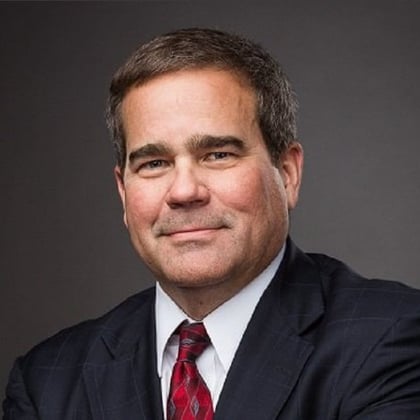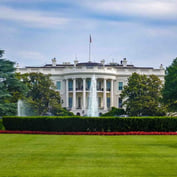What You Need to Know
- Low interest rates and new accounting rules have driven many big life insurers to realign their operations.
- Principal's moves are the product of a strategic review announced in February.
- The moves involve products backed by $18 billion in reserves.
Principal Financial Group Inc. is joining the list of life insurers that’s trying to minimize its exposure to life insurance and annuity interest rate risk.
The Des Moines, Iowa-based life insurer announced Monday that it to plans to continue to sell individual variable annuities in the United States, but that it plans to end U.S. retail sales of individual fixed annuities and individual retail life insurance.
Principal will continue to sell group life insurance to businesses, and it will continue to sell both individual and group life products aimed at business executives.
The exit from the retail fixed annuity market will include payout annuities and non-variable indexed annuities as well as traditional deferred fixed annuities, Principal said.
Principal generated $122 million in variable annuity sales in the first quarter, according to the Secure Retirement Institute.
Fixed annuity sales figures were not immediately available.
The company has been selling life insurance since 1879.
Principal will “pursue strategic alternatives” for related in-force blocks of individual fixed annuity and individual life insurance business, the company said.
“Strategic alternatives” could involves reinsurance arrangements, sales of blocks of business, or other types of transactions.
The policies and annuity contracts involved are backed by $18 billion in reserves.
Principal noted that the business up for divestiture includes universal life policies that provide secondary benefits guarantees. Those policies are backed by about $7 billion in reserves.
Principal said it will emphasize the sale of U.S. retirement plans; the sale of U.S. employee benefits products, such as dental insurance; and global asset management services.
“The company will continue to support business owners and key executives, allowing for an even sharper focus on the business market,” Principal said.
The company also announced that it has agreed to spend $1.2 billion to buy back its own stock, on top of $675 million in stock repurchase capacity approved in March.








 June 28, 2021 at 12:56 PM
June 28, 2021 at 12:56 PM












 Copyright © 2024 ALM Global, LLC. All Rights Reserved.
Copyright © 2024 ALM Global, LLC. All Rights Reserved.